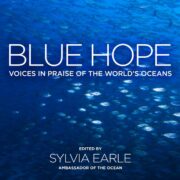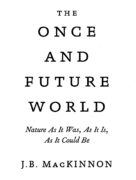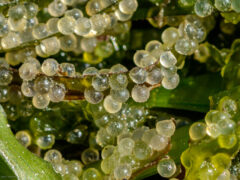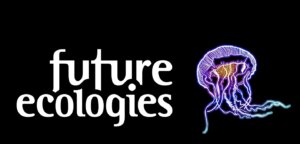SEA-Media and Salish Magazine have been trying to find ways to share more of an “ecosystem” perspective than is typically found in nature media or ecology texts.
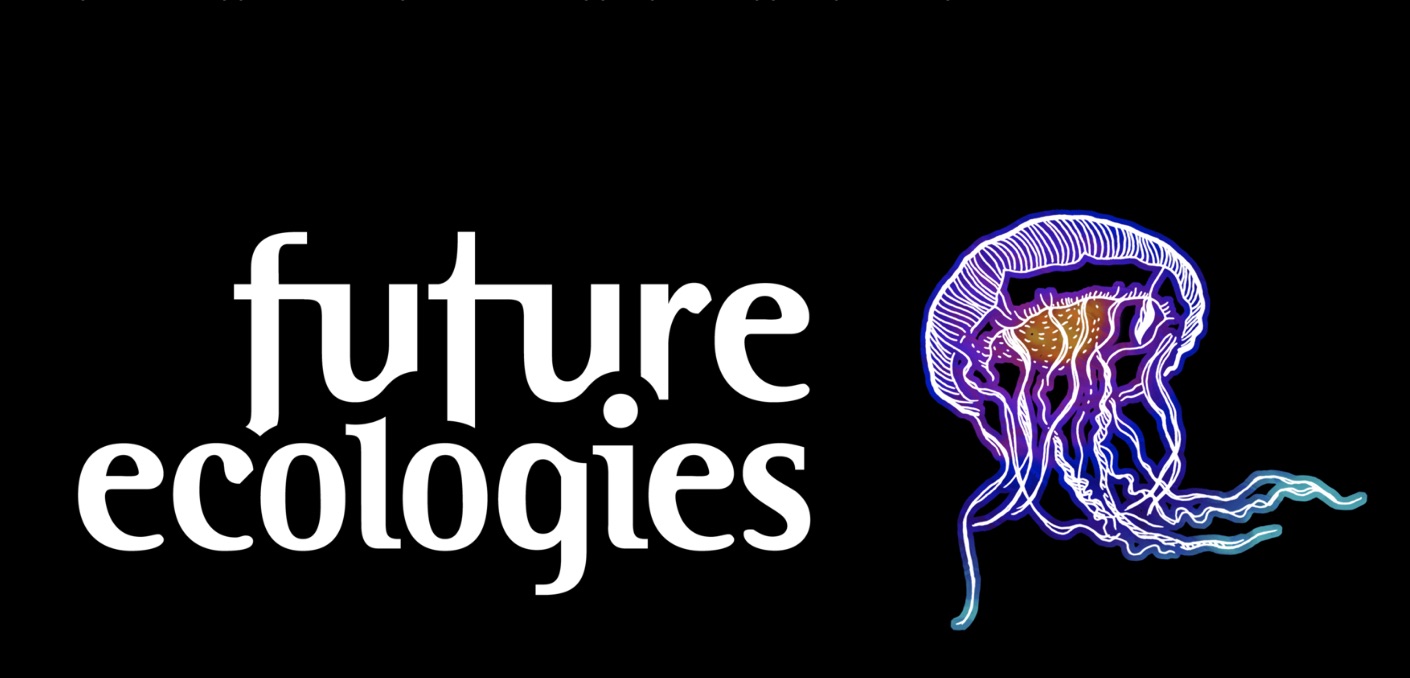
So I was thrilled when I discovered the “Future Ecologies” podcast. Now in its fourth season, Future Ecologies (https://www.futureecologies.net/) has an uncanny resemblance to what we set out to do with Salish Magazine (except that it’s audio rather than visual). Here’s a description from their web site:
FUTURE ECOLOGIES IS A PODCAST ABOUT RELATIONSHIPS – BETWEEN, WITHIN, AMONGST, AND ALL AROUND US.
Made for audiophiles and nature lovers alike, every episode is an invitation to see your world in a new light – set to original music & immersive soundscapes, and weaving together interviews with expert knowledge holders.
Not only is their goal admirable, but their implementation lives up to that goal — it is well-researched, nicely produced, the stories are expressed in an easy to understand manner, and the music which accompanies the voices rounds out the experience with an artistic connection.
More specifically, what are the podcasts about?
There are dozens of episodes which can be found on their web site or in your podcast app, and I won’t try to summarize them all. A few words which paint a picture of the spectrum of conceptual topics are: discovery, restoration, design, evolution, participation, explanation, respect, and, of course, relationships.
And the biotic and abiotic parts of nature which are discussed reflect just as much diversity and just as much commitment to illustrating an ecosystem perspective.
And if that wasn’t enough, it has broadened its inclusivity beyond just western science by showing many of the ways in which indigenous knowledge and modern science complement each other to lead to improved understandings. [Another source which also explores the complementing of those two approaches is the book Braiding Sweetgrass, but more about that book in a separate review.]
So I recommend that you take a listen to Future Ecologies. When I first started listening to them, I thought that I would recommend a few specific episodes for newcomers to start with. But as I began to grasp the multi-dimensional diversity and the relationships in and around these podcasts, I have changed my mind: I now recommend that you listen to a few to of these from different seasons, and I’ll bet that you will see that they are more of a medley than a linear progression!
And, close to our hearts, it’s produced in the Salish Sea region!
Happy Listening!
